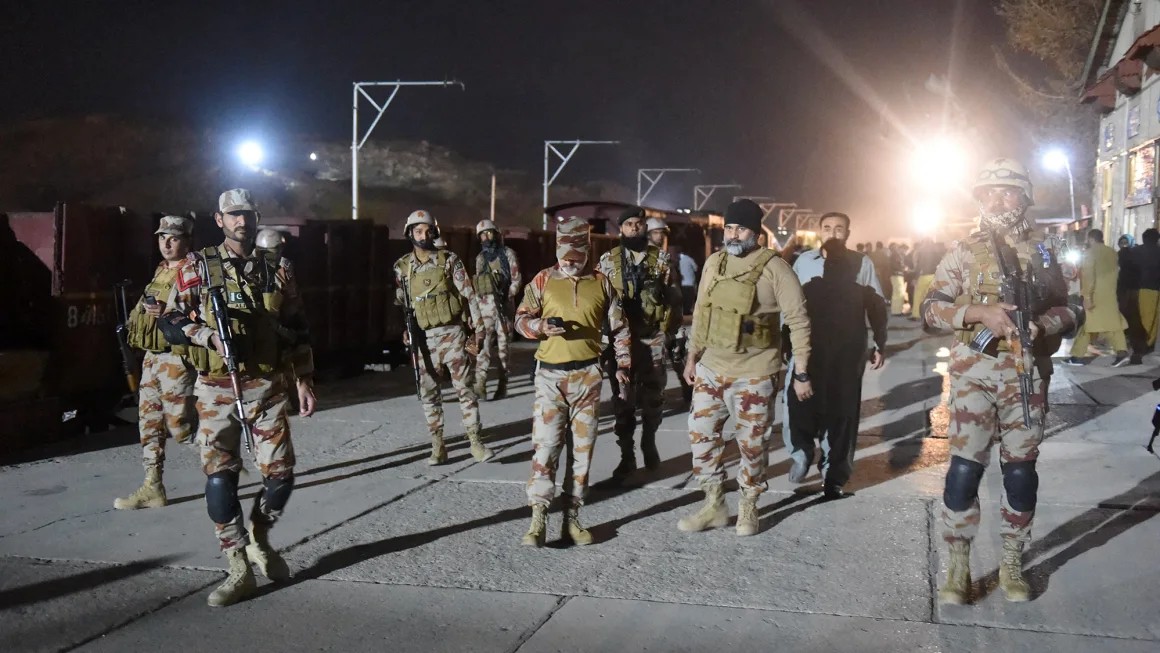Former federal lawmaker Shehu Sani has cautioned ex-President Goodluck Jonathan against vying for the presidency in the 2027 general election, citing a drastically altered political terrain since Jonathan’s tenure.
During an appearance on Channels Television’s Sunday Politics programme, Sani emphasized that the Peoples Democratic Party, under which Jonathan clinched the presidency in 2011, no longer possesses the unity or structure it once had.
“Each time there is an election, the name of Jonathan comes up, but it is his volition to contest. However, I advise him not to do that. The reason is very simple: the PDP he used to know is not the PDP now,” Sani stated.
“The PDP in the South-West is endorsing the president. Some members of the party are in the coalition. So, it is not the party he used to know, and he shouldn’t waste his time.”
Jonathan, who ascended to the presidency following the death of President Umaru Musa Yar’Adua in 2010, won a full term in 2011 but was defeated in his 2015 re-election attempt by Muhammadu Buhari of the All Progressives Congress. Although the constitution permits him to seek one more term, Jonathan has yet to publicly declare any such intention. Despite this, speculation about a possible return continues to circulate, driven by ongoing debates on power rotation, the potential for a single-term Southern presidency, and the emergence of a new opposition alliance spearheaded by the African Democratic Congress.
Sani, who represented Kaduna Central in the 8th National Assembly, also dismissed the relevance of the newly formed opposition coalition, arguing that it lacks any substantive ideological difference from the ruling APC. “We are in a democracy, and it is within the right and ambit of our democratic experiment to have an opposition that will give an alternative. But if their only cause for power is to remove Tinubu without providing any alternative to governance and his style, then they have no agenda,” he remarked.
According to him, the political actors behind the coalition align too closely with the policies of the current administration. “The people that constitute the coalition today are not ideologically and philosophically different from the programmes which the Tinubu administration is prosecuting,” he added.
“It’s not like we have a Marxist and a Capitalist or a Neo-Liberal and a Conservative. During their campaigns and in their policies, you can see those liberal values of devaluation, removal of subsidy, and other such measures.”











